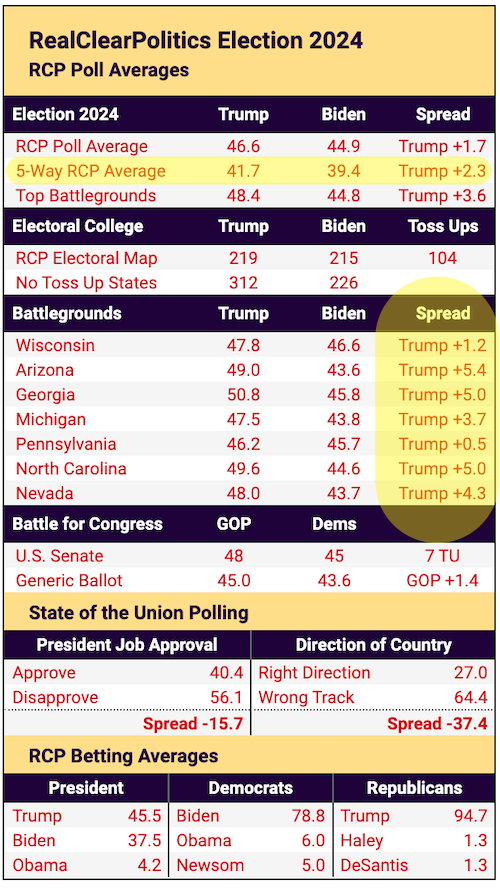[ad_1]
The Government will engage “fully and constructively” with Parliament over the women affected by how state pension changes were communicated, Work and Pensions Secretary Mel Stride has said.
Last week, the Parliamentary and Health Service Ombudsman (PHSO) took the “rare but necessary” decision to ask Parliament to intervene over complaints around how state pension changes were communicated.
Speaking in the House of Commons, Mr Stride said: “This Government is committed to supporting pensioners in a sustainable way, providing them with a dignified retirement, whilst also being fair to them and to taxpayers.”
He said there will be a full and proper consideration of the ombudsman’s report.
Mr Stride said: “Of course, I can assure the House, the Government will continue to engage fully and constructively with Parliament, as we have done with the ombudsman.”
Mr Stride said: “We continue to take the work of the ombudsman very seriously and it is only right that we now fully and properly consider the findings and the details of what is a substantial document.
“The ombudsman has noted in his report the challenges and the complexities of this issue. In laying the report before Parliament, the ombudsman has brought matters to the attention of the House and we will provide a further update to the House once we have considered the report’s findings.”
The ombudsman investigated complaints that the Department for Work and Pensions (DWP) had failed to provide accurate, adequate and timely information about areas of state pension reform.
Earlier, Mr Stride told MPs: “I think it is important to be clear about what the ombudsman has not said…
“The ombudsman has not looked at the decision to equalise the state pension age, but rather at how that decision was communicated by DWP. The report hinges on the department’s decisions over a narrow period between 2005 and 2007 and the effect of those decisions on individual notifications.”
He said the report had not said that all women born in the 1950s will have been adversely impacted, “as many women were aware the state pension age had changed”.
He said that: “When considering the DWP’s actions between August 2005 and December 2007, the ombudsman came to the view that those actions resulted in 1950s-born women receiving individual notice later than they might, had different decisions been made.”
He added it is important to remember that the state pension age changes were considered by the courts.
The ombudsman’s report last week has suggested that compensation at level four, ranging between £1,000 and £2,950, could be appropriate for each of those affected.
Compensating all women born in the 1950s at the level four range would involve spending between around £3.5 billion and £10.5 billion of public funds, the report said, adding “though we understand not all of them will have suffered injustice”.
Commenting on Mr Stride’s statement, Tom Selby, director of public policy at AJ Bell, said: “It’s important to note that the recommendation made by the ombudsman relates to maladministration, rather than the fairness of the decision to equalise the state pension age for men and women.
“And even if the ombudsman’s recommended compensation measures were implemented in full, this would fall well short of campaigners’ calls for £10,000 to be paid to all those affected – a figure which would add tens of billions of pounds to a bill that would ultimately be borne by taxpayers.
“It is hard to imagine any government going beyond the recommendation made by the ombudsman, particularly given the difficult fiscal position the country finds itself in.
“It now seems increasingly likely if any compensation is to be paid, it will be under a new government after a general election.”
An open letter urging a vote by MPs on compensation for the women affected has been sent to House of Commons Leader Penny Mourdant.
The letter has been signed by 28,000 people, according to the Women Against State Pension Inequality (Waspi) campaign, with signatures having been gathered from supporters via change.org.
The letter from the Waspi campaigners says “the Commons must urgently have the opportunity to debate and vote” on compensation proposals.
The 1995 Pensions Act and subsequent legislation raised the state pension age for women born on or after April 6 1950.
The ombudsman has asked Parliament to identify a mechanism for providing appropriate remedy for those who have suffered injustice.
The report issued last week said: “We think this will provide the quickest route to remedy for those who have suffered injustice because of DWP’s maladministration.”
Waspi chairwoman Angela Madden said: “The Secretary of State now says this matter is so complex, he needs yet more months and years of head scratching to sort it out. He has made much of the report being 100 pages long as if he were being asked to digest War and Peace.
“The fact it is has taken five years for the ombudsman to produce his conclusions is a pretty perverse reason to say more delay is now justified.”
She added: “The Commons must get a debate and vote on compensation as soon as possible after Easter.”
Speaking to broadcasters over the weekend, Chancellor Jeremy Hunt denied pushing the decision aside for a future administration to deal with.
He said the issue is “genuinely more complicated” than others in which compensation has been promised.
[ad_2]
Source link






















